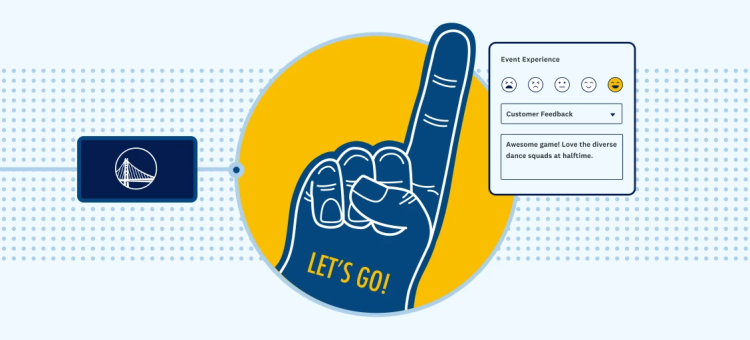If you’re one of the 43 million Americans who own a smart speaker, the answer is likely often.
You can use them to answer just about any and every question and they can keep us entertained—from telling us a joke to predicting the winners at the Academy Awards.
But how are people actually using their smart speaker? And how do people really feel about them?
No need to call out to your trusty smart speaker this time around. We got some answers after surveying 599 people on SurveyMonkey Audience.
What are you curious about?
SurveyMonkey Audience can help you get answers directly from your target market.
Why the smart speaker is popular
The majority of our respondents either like or feel indifferent about smart speakers. Here’s what their answers look like when we asked for their overall opinion on them:
The generally positive feelings toward smart speakers can, at least in part, be attributed to the variety of uses they offer. Here are just some of the ways that owners of smart speakers use their device:
- Get your groove on! 86% use smart speakers to listen to music.
- What’s it like outside? 72% ask their smart speaker about the weather.
- Up and at ‘em! 56% set up their smart speaker as an alarm.
- Lights on, lights off. 40% use them to control their appliances and/or lights in their house.
These use cases can help explain the overall benefits that owners of smart speakers often cite. Here are the top 4 benefits:
1. Roughly two thirds (67%) said that it allows them to multitask. Clean your room and listen to a podcast? Easy. Buy some clothes while eating your favorite sandwich? Even easier.
2. About 60% claimed that it helps them save time. With the few pounds of fun seemingly capable of doing it all, you’re saving yourself from using several individual devices.
3. Slightly more than half (53%) said their smart speaker lets them access more information. It knows more history than your grandpa. It’s more cultured than your globe-trotting cousin. And it makes your uncle look like a sports newbie.
4. 52% said that it helps them access more forms of entertainment, more often. Now there’s no excuse for being unaware of a chart-topping tune or podcast show.
People still see a number of drawbacks to smart speakers
Smart speakers are a relatively new technology. Case in point: 74% of people who own a smart speaker say it’s their first one.
Given their novelty, you can hardly blame people for expressing any concerns—especially when it comes to their infringement on our privacy.
More than half of owners we asked (55%) admit to being anxious that they listen in on their conversations. For non-owners, the number is even higher, at 59%.
Other roadblocks to gaining widespread adoption and appreciation include them being expensive (38%), unnecessary to own (31%), and addicting to use (19%).
Finally, an issue to look out for is the lack of a competitive smart speaker market—which can affect their future innovation and affordability. Though 67% and 78% of our respondents are aware of Google Home and Amazon Echo, respectively, many other smart speakers are largely unknown. Sonos One, for example, is only known by 13% of our respondents.
Here’s the full breakdown when we asked respondents which—if any—smart speakers they’re aware of:
The future of smart speakers
All things considered, smart speakers have a bright future—especially if they effectively address security concerns. And though it’s impossible to know how, exactly, smart speakers will change over time, here’s some improvements our respondents hope to see:
- Here’s looking at you, Echo. 44% hope smart speakers add a screen to enhance the quality of entertainment they can offer.
- What do we even use you for, anyway? 36% want their usage data reported back to them.
- So, how was your day? 26% want their smart speaker to eventually hold a conversation with them.
Smart speakers already play such an important role in millions of people’s everyday lives. So whether you’re for or against them, we’ll all be interested to see how our relationship with them evolves.
Methodology
We gathered responses from 599 American adults (18 and older) using SurveyMonkey Audience. The responses were collected from 12/19/2018 through 12/20/2018. And the data was weighted based on demographic variables, like age and race, to reflect the demographic composition of the U.S. Learn more about how we collected our responses.



